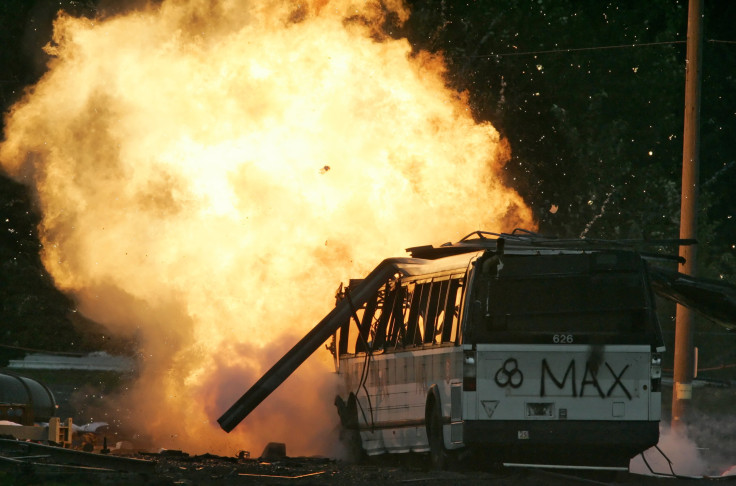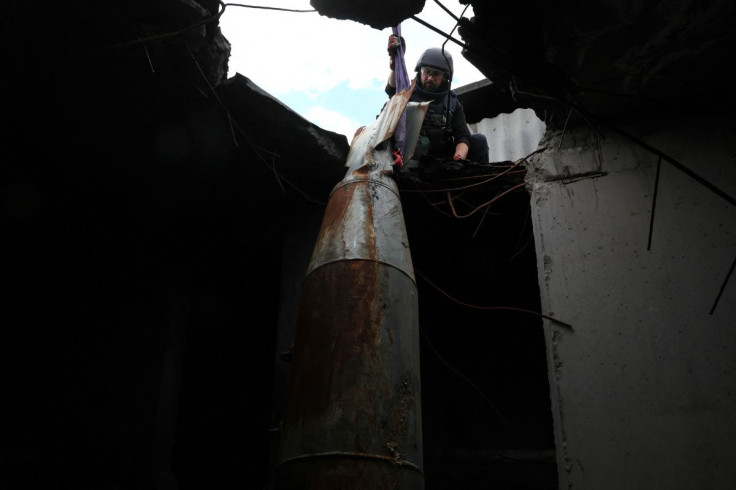What Is A Dirty Bomb And Will Ukraine Use It Against Russia?

KEY POINTS
- A dirty bomb is a radiological dispersal device that disseminates radioactive material over a certain area
- It affects only people in the immediate proximity of the explosion site
- No one has ever exploded a dirty bomb to date
Russia has made a series of accusations about Ukraine's supposed plans to unleash a "dirty bomb" in the ongoing war.
Russian Foreign Minister Sergey Lavrov made the claims during the 19th annual meeting of the Valdai International Discussion Club on Monday. He said they have reliable evidence that Ukraine may be planning to use a "dirty bomb," adding that Moscow would bring the issue to the U.S. Security Council meeting Tuesday.
"Detailed information indicating the institutions that may be commissioned for this purpose was conveyed through the defense minister [Sergey Shoigu] during his contacts with his counterparts in the United States, Britain, France and Turkey. More contacts are planned between our defense ministries," Lavrov was quoted as saying by the Russian state news agency TASS. "This issue will be discussed in the UN Security Council today or tomorrow."
Russian Defense Minister Sergei Shoigu also called his counterparts in Britain, France and Turkey, warning them about Ukraine's possible provocations.
At its most basic level, a "dirty bomb" is a type of radiological dispersal device (RDD) laced with radioactive, biological, or chemical materials. The bomb is used to disseminate radioactive material over a certain area.
That being said, a "dirty bomb" is not the same as a nuclear bomb as most radioactive particles will only fall to the ground within a few city blocks or miles of the explosion, according to a fact sheet from the National Academies and the U.S. Department of Homeland Security. This means only people in the immediate proximity of the explosion would be exposed to the radioactive materials.
As of writing, no one has ever used a dirty bomb. However, there are suspicions that an extremist group behind two terrorist attacks in Brussels in 2016 may have already attempted to build one, as per The Moscow Times.
In a joint statement published Monday, the U.S., Britain and France rejected Russia's accusations. Secretary of State Antony Blinken also called accusations of a possible provocation "transparently false," NBC News reported.
In a video address, Ukrainian President Volodymyr Zelensky denied Russia's claims and argued that it was Moscow that "blackmailed the radiation disaster at the Zaporizhzhia NPP" and used "phosphorous munitions" in the war.

© Copyright IBTimes 2024. All rights reserved.






















